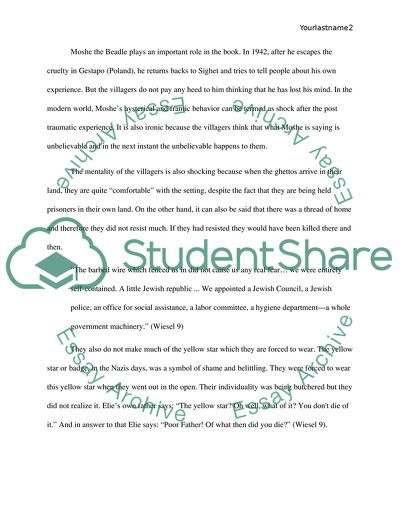Cite this document
(“Book review of Report/ Example | Topics and Well Written Essays - 1000 words”, n.d.)
Book review of Report/ Example | Topics and Well Written Essays - 1000 words. Retrieved from https://studentshare.org/history/1779202-book-review-of-night-by-elie-wiesel
Book review of Report/ Example | Topics and Well Written Essays - 1000 words. Retrieved from https://studentshare.org/history/1779202-book-review-of-night-by-elie-wiesel
(Book Review of Report/ Example | Topics and Well Written Essays - 1000 Words)
Book Review of Report/ Example | Topics and Well Written Essays - 1000 Words. https://studentshare.org/history/1779202-book-review-of-night-by-elie-wiesel.
Book Review of Report/ Example | Topics and Well Written Essays - 1000 Words. https://studentshare.org/history/1779202-book-review-of-night-by-elie-wiesel.
“Book Review of Report/ Example | Topics and Well Written Essays - 1000 Words”, n.d. https://studentshare.org/history/1779202-book-review-of-night-by-elie-wiesel.


